Date: 28 January 2011
That solar gain was found to be reduced by as much as 90% through SPD smart glass is one of the study’s main findings.
Leading manufacturer of electronically switchable glass, SmartGlass International™ welcomes this new research in demonstrating how this solution can offer great energy-saving potential. Given that energy consumption and wastage is now a global concern, any reduction in solar heat gain during summer months and in hotter climates could result in significant savings, most commonly in terms the provision of cooling and air conditioning provision and running costs. The ability to precisely switch the glass to maximize daylight when it’s really needed and to provide controllable solar shading during peak light conditions is valuable and unique. All SPD SmartGlass panels are bespoke manufactured using a lamination process which encapsulates a SPD “Suspended Particle Device” film between two or more glass sheets.
While looking at the various smart glass devices, the study project focused on the performance of electrotropic switchable technology, and more specifically on SPD glass. The investigation primarily focused on the associated reduction in energy cooling required to maintain a user comfortable room environment. Laboratory testing, real-world testing and environmental modeling (carried out using Integrated Environmental Solutions’ VE software) were all used in the evaluation process.
The study looks into the development and performance of new smart technology that helps to reduce excessive energy loads in buildings. With a marked trend in modern architecture using glass to create buildings accentuated by light and space, the significant findings of this study have broad implications. One firm conclusion from the study’s author, Mark Beevor from the University of Cambridge’s Department of Engineering is: “That ‘smart’ switchable glazing technology has shown that it offers a realistic and promising alternative to conventional glazing and will help improve the energy efficiency of buildings today.”
Full copies of the study ‘SMART BUILDING ENVELOPES’ is available from SmartGlass International. Please email info@smartglassinternational.com to request a copy or go to www.smartglassinternational.com.

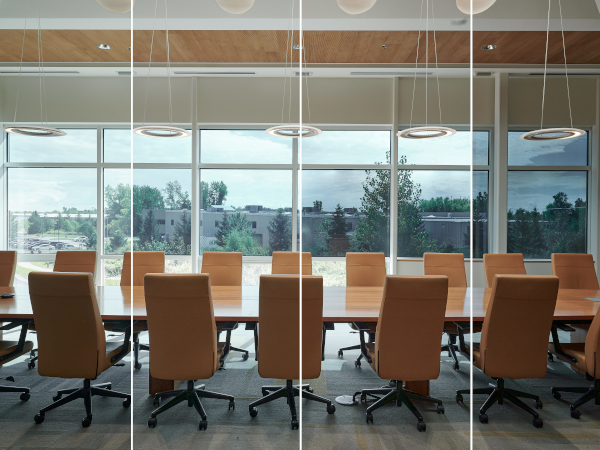


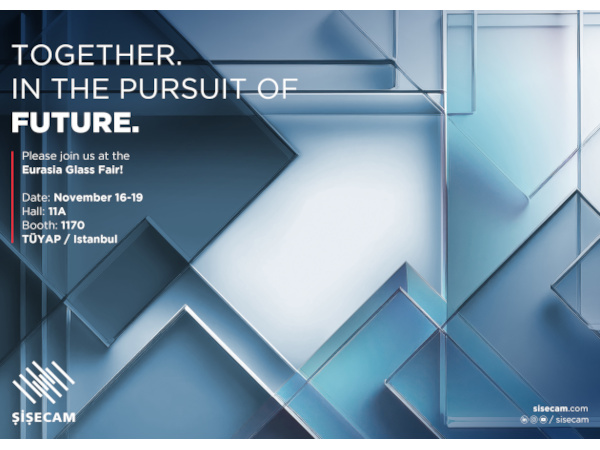

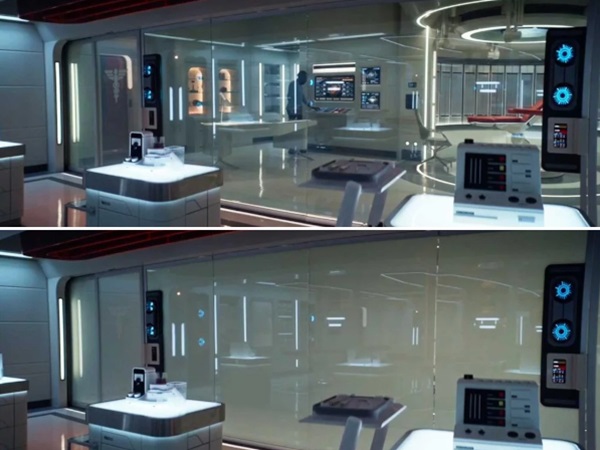

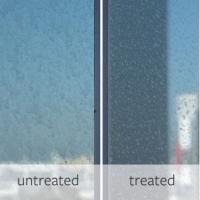

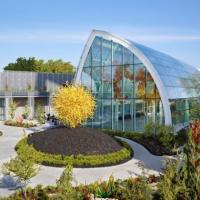
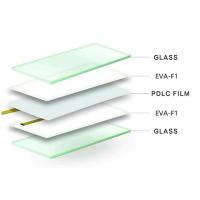

Add new comment